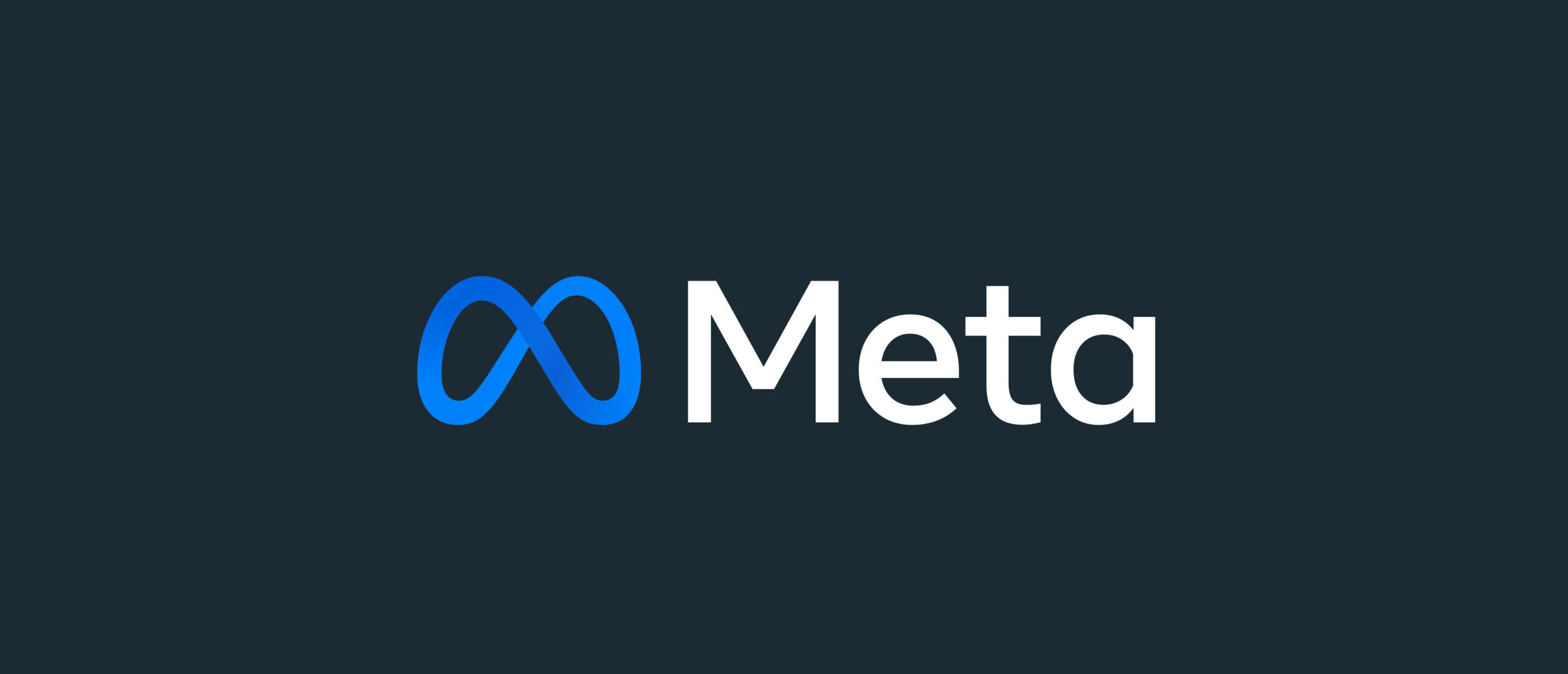
Meta has launched a stand-alone artificial intelligence (AI) app that will compete in a market already crowded with AI apps. Yet the social media giant’s app wields powerful advantages, including personalization based on long user history and a sharing feature that turns AI usage into a friends and family group activity.
Dubbed Meta AI, the app was developed using Meta’s open source large language model (LLM) Llama 4, which can process both text and images. The app was already available as a built-in element within Meta’s platforms, including Facebook, Instagram and WhatsApp. Its new status as a solo download means that, for the first time, it will compete directly with AI apps like Anthropic’s Claude AI, Google’s Gemini, and established leader OpenAI’s ChatGPT.
“[Meta AI] is focused on providing assistance within the Meta ecosystem; so, it likely will gain traction quickly,” said Keith Kirkpatrick, research director at The Futurum Group. “The lack of being able to opt out of the training data set is somewhat concerning, though I think most Facebook/Instagram users probably assume that Meta is using their data indiscriminately anyway.”
To be sure, Meta AI enters the fray as a heavyweight. Meta CEO Mark Zuckerberg, introducing the new app in a Facebook post, claimed it already has “almost a billion users across our apps.” There’s no independent verification of that, but Meta has 3.3 billion users across its social platforms. By comparison, OpenAI CEO Sam Altman recently claimed that ChatGPT has 800 million users.
“Meta AI is designed to be your personal AI,” Zuckerberg said. “First, it’s designed around voice conversations—you open up the app and you can talk to it about whatever you want.”
The personal approach is a competitive advantage because Meta can leverage its existing knowledge of longtime users of Facebook and other Meta platforms—which is an exhaustive level of personal information in some cases, that in the past has earned it heavy backlash for unethical use of information.
I’m a casual user of Facebook, but when the Meta AI app offered to “describe me in 3 emojis,” and I clicked Yes, the three emojis it offered were remarkably accurate about my personal history. (I then tried this with ChatGPT, which I use often, and it seemed to hardly know me.)
Meta has plans to deepen the personalization aspect of the app further. “Over time, you’re going to be able to let Meta AI know a whole lot about you and the people you care about from across our apps if you want,” Zuckerberg said.
Meta AI, unlike the other leading AI apps, offers a social feed—called the Discover feed—so users can choose to distribute the results of their AI queries with connected users. The app casts sharing AI results as an enjoyable activity akin to sharing traditional content—in other words, there’s no longer a need to take a photo or write text. The social feed allows users to “discover all sorts of fun ways that people are creating stuff with Meta AI,” Zuckerberg said.
Additionally, Meta plans to integrate the AI app with the company’s Ray-Ban smart glasses, “and other kinds of devices that we’re going to be building in the future,” the Meta CEO said.
One area where Meta AI falls behind is it’s not great with real-time information. Asked what level the S&P 500 closed that day, the app gave two conflicting answers and suggested I check the internet.
Meta unveiled its new app just before its first LlamaCon conference, a new annual event that will spotlight the latest in AI. The virtual event included a conversation between Mark Zuckerberg and Microsoft CEO Satya Nandella about trends in AI, focused on developers. Also featured were a new developers’ platform, Llama API, and techniques to combat AI-created fraud. Chris Cox, Meta’s chief product officer, said that there have been 1.2 billion downloads of Llama to date.

